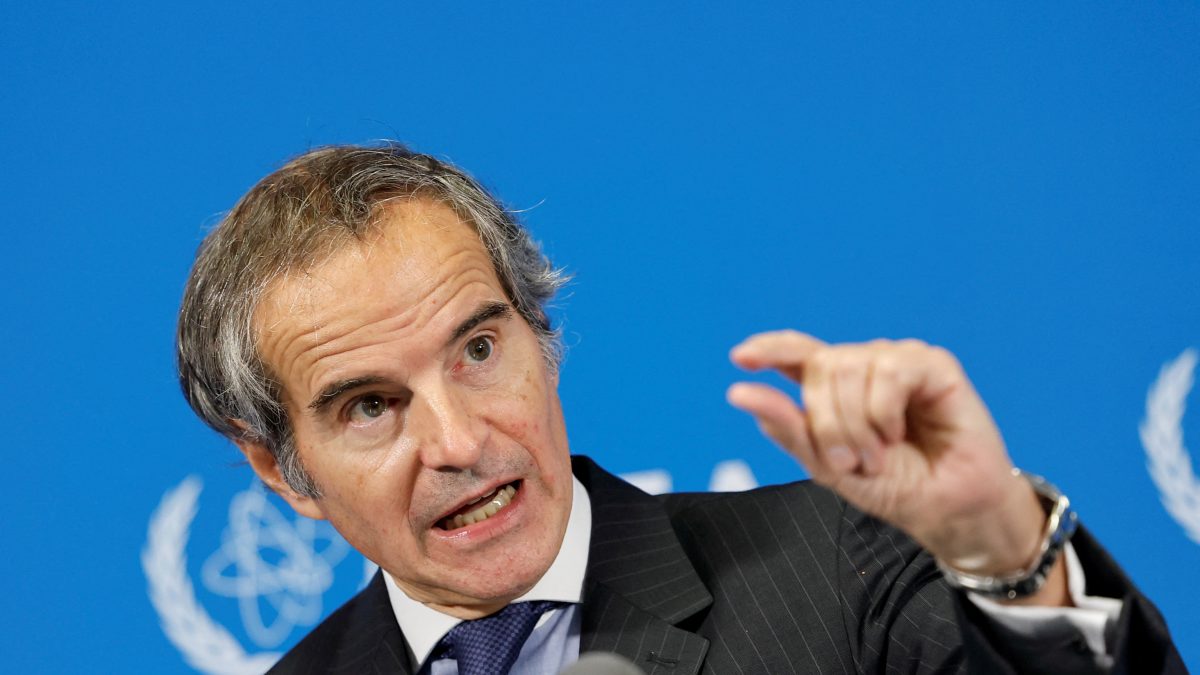The United Nations nuclear watchdog boss, Rafael Grossi, warned that Iran will likely be able to begin producing enriched uranium “in a matter of months", despite damage it suffered due to Israeli and American strikes. West Asia was rattled after Israel launched Operation Rising Lion , targeting Iran’s nuclear and military facilities on June 13.
At that time, the Israeli authorities argued that the strikes were necessary since Iran was just a few weeks away from developing nuclear weapons, an ambition the Islamic Republic has consistently denied. The US government subsequently bombed three key facilities used for Tehran’s atomic program, with the country’s President Donald Trump assuring that the sites were completely “obliterated”.
Meanwhile, Iran’s Foreign Minister Abbas Araghchi said that the extent of the damage to the nuclear sites is “serious”. However, Iran has kept the details of destruction hidden. When asked how far Iran’s nuclear ambitions have been pushed back, Trump said that Tehran’s nuclear program had been set back “decades”.
Grossi issues a serious warning
On Saturday, the director general of the International Atomic Energy Agency warned that some of Iran’s nuclear infrastructure “is still standing”. “They can have, you know, in a matter of months, I would say, a few cascades of centrifuges spinning and producing enriched uranium, or less than that,” Grossi said in an interview with CBS News.
Grossi maintained that another key question that emerges in the aftermath of the conflict is whether Iran was able to relocate some or all of its estimated 408.6kg (900lbs) stockpile of highly enriched uranium before the attacks.
Before the strikes, it was found that Iran's uranium is enriched to 60 per cent above levels for civilian usage but still below weapons grade. If it is further refined, it would theoretically be sufficient to produce more than nine nuclear bombs.
“We don’t know where this material could be,” Grossi admitted. “So some could have been destroyed as part of the attack, but some could have been moved. So there has to be, at some point, a clarification," he furthered.
Impact Shorts
More ShortsTrump administration thinks otherwise
In the midst of all this, Iranian lawmakers have voted to suspend cooperation with the IAEA, rejecting Grossi’s request for a visit to the damaged sites. “We need to be in a position to ascertain, to confirm what is there, and where it is, and what happened,” Grossi said.
In a separate interview with Fox News, US President Donald Trump said he did not think the stockpile had been moved from the nuclear facilities. “It’s a very hard thing to do, plus we didn’t give much notice,” the US president said, according to excerpts of the interview. “They didn’t move anything.”
On Saturday, US Secretary of State Marco Rubio reiterated Washington’s support for “the IAEA’s critical verification and monitoring efforts in Iran,” commending Grossi and his agency for their “dedication and professionalism.”


)

)
)
)
)
)
)
)
)



